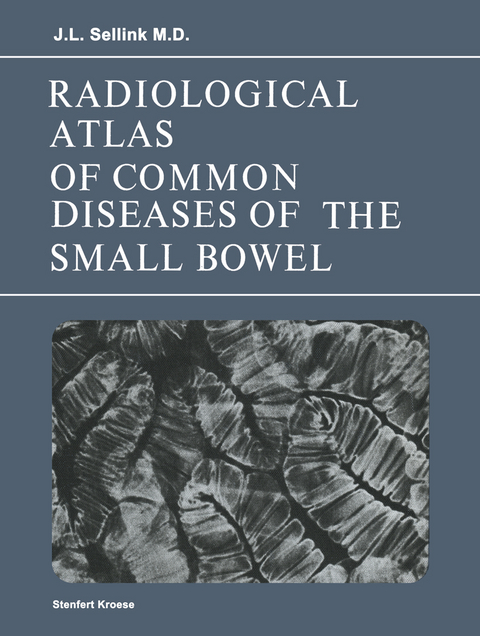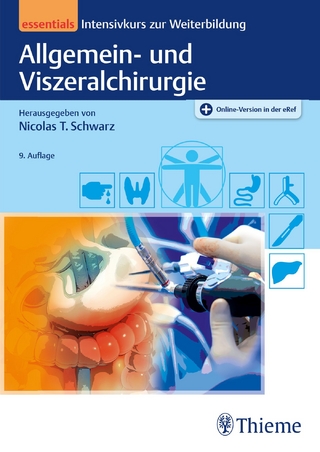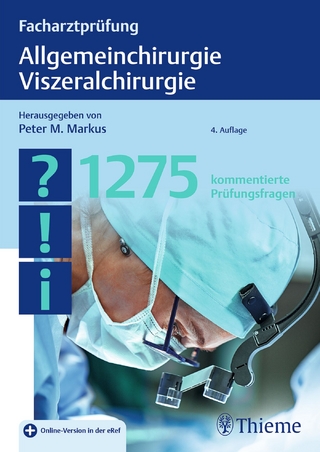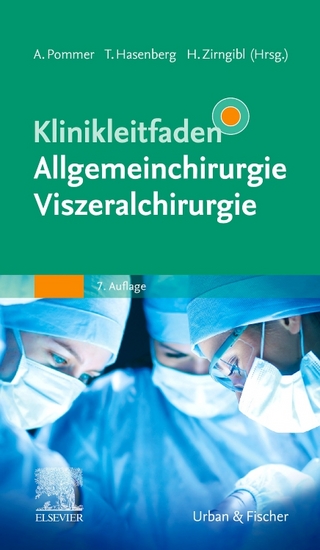
Radiological Atlas of Common Diseases of the Small Bowel
Wolters-Noordhoff B.V. (Verlag)
978-90-207-0476-1 (ISBN)
I Introduction.- II Anatomy.- 1. Normal mucosa in the small intestine.- 2. Normal position of the intestine.- 3. Normal impressions on the intestine.- 4. Filling defects between the intestinal loops.- III Physiology.- 1. Innervation and motility.- 2. Gastric emptying and transit time.- IV The Contrast Medium.- General considerations.- 1. Sedimentation of the contrast medium.- 2. Flocculation of the contrast fluid.- 3. Segmentation of the contrast column.- 4. Additives to the contrast medium for the purpose of improving stability and adhesion.- 5. Relationship between viscosity, particle size and adhesion of the barium suspension.- 6. Specific gravity of the contrast fluid.- 7. Contrast media other than barium sulfate.- V Methods of Examination.- 1. ‘Physiological’ examination of the small intestine.- 2. Single administration of the contrast medium.- 3. Fractional administration of the contrast medium.- 4. Administration of cold fluids with the contrast medium.- 5. Administration of the contrast medium through a tube directly into the small intestine (enteroclysis).- 6. Retrograde administration of the contrast fluid.- 7. Combined methods of examination.- 8. Use of drugs to accelerate transit.- VI General Considerations.- VII The Enteral Contrast Infusion.- 1. Preparation of patients.- 2. Duodenal intubation.- 3. Partial gastrectomy.- 4. Special types of tubes.- 5. Administration of contrast fluid.- 6. Administration of water after the barium suspension.- 7. Administration of air after contrast fluid.- 8. Compression technique.- VIII Basic Signs of Abnormality.- 1. Changes in mucosal pattern.- 2. Lymph follicles — nodules — polyps.- 3. Foreign bodies and filling defects in the contrast fluid.- 4. Ulcerations.- 5. Deformation of the intestine.- 6. Dilution of thecontrast fluid — haziness — mucus secretion.- 7. Disintegration and misleading patterns.- 8. Malabsorption.- 9. Motility 160 Bibliography.- IX Inflammation and Inflammatory-Like Diseases.- 1. General.- 2. Crohn’s disease.- 3. Reflux ileitis.- 4. Yersinia EC infections.- 5. Eosinophilic gastroenteritis.- 6. Radiation enteritis.- 7. Whipple’s disease.- 8. Aspecific ulcers.- 9. Appendicular infiltrates.- 10. Zollinger-Ellison disease.- 11. Radiological manifestations of serum protein disorders.- X Tumors.- 1. General.- 2. Polyposis.- 3. Benign tumors.- 4. Semimalignant tumors.- 5. Malignant tumors.- 6. Metastasis 268 Bibliography.- XI Vascular Diseases.- 1. Ischemia due to impaired arterial flow.- 2. Impaired venous flow.- 3. Periodic vascular insufficiency.- 4. Hemorrhage.- XII Disturbed Motility.- 1. Drug-induced atony of the small bowel.- 2. Collagen diseases.- 3. Adult celiac disease.- 4. Amyloidosis.- XIII Congenital Anomalies.- 1. Abnormal positioning of the entire small bowel: disturbed rotation or fixation.- 2. Abnormal or fixed positioning of several intestinal loops: internal hernia.- 3. Duplications.- 4. Diverticulosis.- 5. Meckel’s diverticulum.- XIV Ileus — Fusion — Bands — Volvulus — Intussusceptions — Incisional Hernia.- 1. Ileus.- 2. Fusion — Bands.- 3. Volvulus.- 4. Intussusceptions.- 5. Incisional hernia.
| Erscheint lt. Verlag | 29.2.1976 |
|---|---|
| Zusatzinfo | 1 Illustrations, color; 989 Illustrations, black and white; 398 p. 990 illus., 1 illus. in color. |
| Verlagsort | Groningen |
| Sprache | englisch |
| Maße | 210 x 279 mm |
| Themenwelt | Medizinische Fachgebiete ► Chirurgie ► Viszeralchirurgie |
| Medizinische Fachgebiete ► Innere Medizin ► Gastroenterologie | |
| Medizinische Fachgebiete ► Radiologie / Bildgebende Verfahren ► Radiologie | |
| ISBN-10 | 90-207-0476-1 / 9020704761 |
| ISBN-13 | 978-90-207-0476-1 / 9789020704761 |
| Zustand | Neuware |
| Haben Sie eine Frage zum Produkt? |
aus dem Bereich


